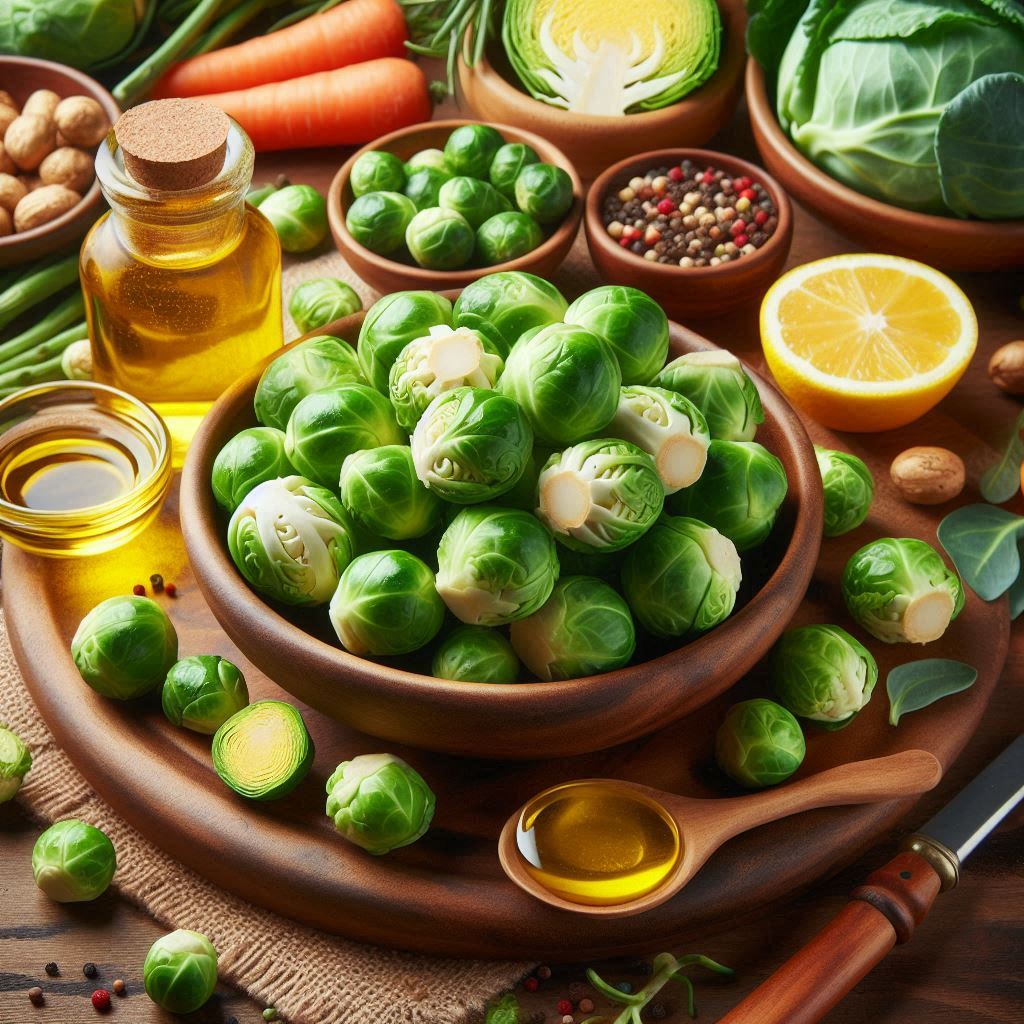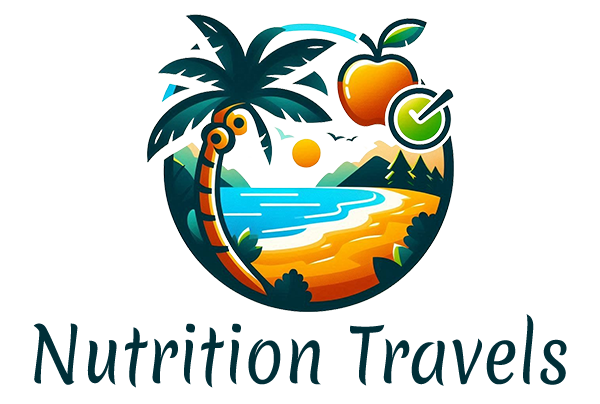Omega-3 fatty acids are among the most essential nutrients the human body needs to function efficiently. They play a vital role in heart, brain, eye, and immune health. While the most well-known sources of omega-3 are fatty fish such as salmon, sardines, and tuna, many people follow a vegetarian diet or avoid animal products altogether. This raises an important question: How can vegetarians get enough omega-3 without relying on fish?
In this article, we’ll cover everything you need to know about omega-3 for vegetarians: its importance, plant-based sources, and the best ways to include it in your daily life.

What Are Omega-3 Fatty Acids?
Omega-3s are a type of polyunsaturated fatty acid that the body cannot produce on its own, so they must be obtained from food. There are three main types of omega-3:
- ALA (Alpha-Linolenic Acid): Found mainly in plant-based sources such as flaxseeds and walnuts.
- EPA (Eicosapentaenoic Acid): A marine omega-3 found in fish.
- DHA (Docosahexaenoic Acid): One of the most important fatty acids for brain and eye health, also primarily found in fish.
The body can convert some ALA into EPA and DHA, but the conversion rate is very low (less than 10%). That’s why it’s important to increase intake of plant-based sources to help meet daily needs.

Benefits of Omega-3 for Vegetarians:
1- Heart and cardiovascular health: Helps lower triglycerides, reduce blood pressure, and decrease the risk of atherosclerosis.
2- Brain and mental health: Linked to improved memory, reduced symptoms of depression, and better focus.
3- Eye health: Supports retinal function.
4- Anti-inflammatory effects: Helps reduce chronic inflammation, which can contribute to conditions like diabetes and heart disease.
5- Pregnancy and breastfeeding support: Essential for the development of the baby’s brain and eyes.
Plant-Based Sources of Omega-3:
1. Walnuts:
Walnuts are an excellent plant-based source of omega-3. Just a small handful can meet your daily needs. One ounce (28 grams) provides 2.6 grams of omega-3 — more than double the daily recommended intake for women.
They’re also rich in vitamin E and polyphenols, which help protect the skin from oxidative stress. Walnuts can be enjoyed as a snack, sprinkled on salads, added to pesto, or mixed into vegetable side dishes.

2. Flaxseeds:
Ground flaxseeds are one of the best sources of omega-3. Just one tablespoon is enough to cover your daily requirement. Thanks to their mild, earthy flavor, flaxseeds can be added to cereals, oatmeal, smoothies, or baked goods. They can also be mixed with water as an egg substitute.
3. Chia Seeds:
Famous for their health benefits, chia seeds are also an excellent plant-based source of omega-3, especially ALA. One ounce (28 grams) contains over 5 grams of omega-3.
They can be used in granola, fruit salads, or smoothies. You can also mix them with plant-based milk or yogurt to make chia pudding, or use them as an egg replacer in baking by mixing 1 tablespoon of chia seeds with 3 tablespoons of water and letting it sit for 10 minutes.
4. Seaweed and Algae:
Seaweed is a valuable source of omega-3. You can consume it through sushi, dried seaweed snacks, or add seaweed powders like spirulina and chlorella to smoothies or recipes without altering the taste.
5. Brussels Sprouts:
Brussels sprouts are another vegetable rich in omega-3, whether cooked or raw. They also provide vitamins C and K, along with anti-inflammatory compounds that promote clearer, healthier skin.

Following a vegetarian diet doesn’t mean missing out on omega-3. On the contrary, there are excellent plant-based options like flaxseeds, chia seeds, walnuts, and seed oils. But if you want a direct source of EPA and DHA, algae oil supplements are the best choice.
Ultimately, the key is balance and variety in your diet to make sure your body gets all the nutrients it needs. Vegetarian nutrition is not only possible — it can be very healthy when followed correctly.
And if you’d like to explore more about vegetarian nutrition, you’ll find plenty of reliable articles and resources at Nutrition Travels to help you start your nutrition journey with confidence and clarity.





